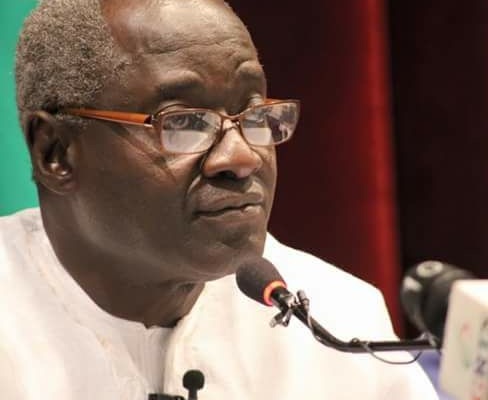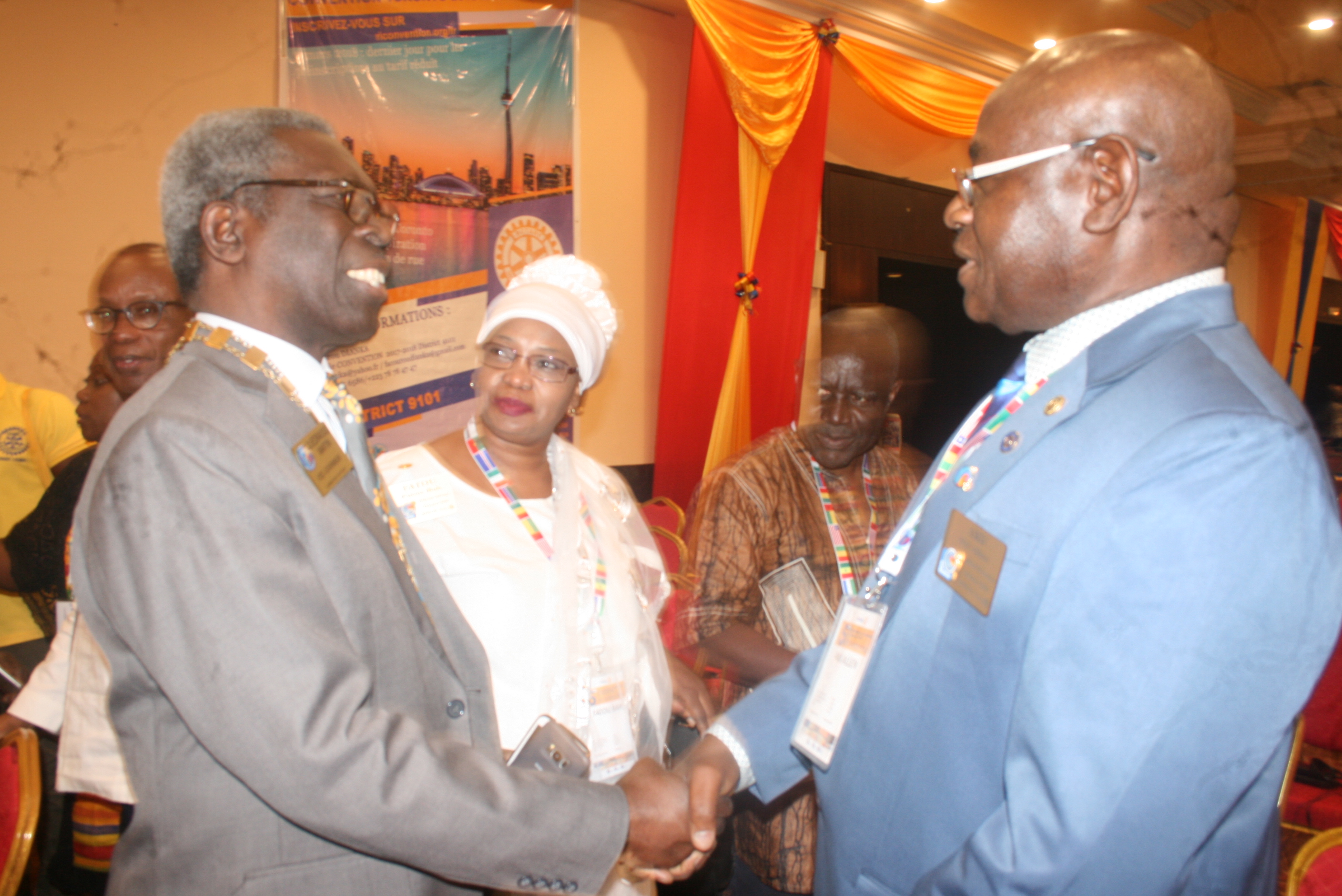The Secretary General and leader of PDOIS, Halifa Sallah has described April 24 ,1970 as the beginning of our existence as a sovereign republic and people with unbridled and inalienable authority to determine our destiny.
According to Mr. Sallah, the day is not an ordinary day because it was the day, knowingly or unknowingly, The Gambia and her people were totally free from the shackles of colonial domination.
“April 24, 1970 is not an ordinary day. It was the day when, knowingly or unknowingly, The Gambia and her people totally broke away from the shackles of colonial domination. This is when the leaders and people of The Gambia ceased to owe any allegiance, obedience and adherence to the authority of a foreign monarch and constitutionally proclaimed ownership of their sovereignty. April 24, 1970 is therefore the beginning of our existence as a sovereign Republic and sovereign people with the unbridled and inalienable authority to determine our own destiny,” the former parliamentarian for Serrekunda revealed.
In a press conference marking the Republic day which is observed April 24 every year, Mr. Sallah observed that the 54th anniversary of the birth of the republic which was observed without any solemn state orchestrated ceremony or fanfare, we ought to take our individual or collective decisions as sovereign citizens to contemplate in our quiet moment where we are and the path we are to take towards a better future.
Mr. Sallah who has retired from active politic after the last presidential election further stated that it is incontrovertible that we ought, by now, to have known our place in our country and the place of our country in Africa and the world, saying “it is that knowledge of sovereign-self, sovereign-country and its place in the world of sovereign states which would prevent us from being marginalised and uncounted in world affairs as the least developed poor and voiceless countries of the world.”
“It is awareness and maturity in thinking of a people that enable them to be the architects of a destiny of liberty, dignity and prosperity for all. Hence as we commemorate the 54th anniversary of the Republic each ought to ask himself or herself, whether we have attained the liberty, dignity and prosperity that we deserve as the owners of the sovereign wealth of the country that is chambered in its diversity and abundance, in the bosom of our land, airspace and sea. April 24, 2024 is the right day and time to take stock of how far we have gone to attain the fundamental objectives of freeing our country from the inherited colonial yoke of economic dependency, social impoverishment, industrial stagnation, infrastructural backwardness and multiple contradictory cultural identities that perpetuate ethno-linguistic and sectarian rivalries that militate against national unity, social cohesion and the emergence of state leadership based on informed choice,” he observed.
Speaking on wide range of issues bordering on land, economy and agriculture, which have been seriously affected since independence Halifa believed that PDOIS is unique in being the only party, since the birth of the Republic, that has unequivocally stated with unparalleled clarity and conviction that it will rely on the economic law of balanced and proportionate development of society to build a country with universal access to public education, health, housing, utilities such as electricity, water, drainage and internet services among other needs.
The debt burden, according to the former Serrekunda lawmaker, is symbolic of the shackles and tentacles strangulating our independence and subjecting the state to the dictates of creditors.
Mr. Sallah is also optimistic that PDOIS is the only party that indicates how to offset the debt burden by maintaining a positive balance in the ratio between sovereign national wealth and the National debt, to prevent any conditionality from creditors.
“We have made it abundantly clear that there are two types of welfare systems that have helped to push society towards poverty reduction and eradication, that is, consumption-based production-based welfare. In highly industrialised countries where social justice is a demand of the population, consumption-based welfare has been introduced to ensure the fairer distribution of wealth through state sponsored social welfare programmes for the socially disadvantaged.”
In a country like The Gambia which is ranked among the least developed countries in the world, Mr. Sallah said consumption-based welfare programmes cannot be relied on to eradicate poverty as the country’s GDP stands at D123billion with per capita income of D45,000 for every citizen if the wealth produced annually was shared equally among the population.
He further postulated that PDOIS is a party that has not failed to display its uniqueness by indicating without any reservation how poverty will be eradicated by introducing a production based welfare system and further instituting the right social protection measures that would ensure that the sovereign wealth of the nation would be utilised to give each youth a fresh start into adulthood, through state financing of a national service scheme, before they enter the world of work.
Mr. Sallah also explained how PDOIS has shown how to expand democracy and human rights beyond hitherto unchartered frontiers by relying on the law of the withering away of the coercive instruments, institutions and practices of the state and the consolidation of its protective aspects.
“As we head towards another decisive phase in the history of the Republic it is important to conclude that in the realm of leadership there are those, on one hand, who are driven by a mission and vision to build a better and fairer society but there are also those, on the other hand, who are driven by ambition and position to promote their own enrichment and betterment, at national expense. The battle for system change is a battle against self-serving and self-perpetuating leadership. Such a leadership has no place in a Republic. A leadership with a mission and vision of how to move society and people forward forever towards their fullest possible development is what a Republic needs. That is the type of leadership that the people of the Gambia, in particular and the people of the world, in general, deserve,” he finally observed.




